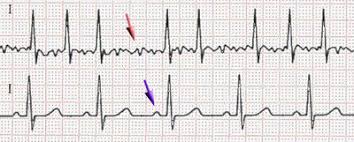addiction-treatment, Alcohol, Author Interviews / 29.11.2024
The Causes of Alcohol Addiction Explored Through Key Theories
For Emergency assistance with mental health or addiction crisis please go to: https://www.samhsa.gov/find-help/national-helpline
Alcohol addiction, or alcohol use disorder (AUD), remains a pervasive global issue, affecting millions of lives. The World Health Organisation (WHO) reports that alcohol abuse contributes to over 3 million deaths annually, making it one of the leading preventable causes of death worldwide.
Understanding the root causes of alcohol addiction is crucial - not merely for academic purposes but for developing effective prevention strategies and treatment approaches. Experts and researchers have proposed multiple theories to explain the onset of addiction, ranging from biological predispositions to sociocultural influences, each offering unique insights into why addiction develops.
This article will explore key theoretical models, their underlying frameworks, and their contributions to our understanding of alcohol addiction. Additionally, it will address emerging research, critiques of existing theories, and their practical application in addiction treatment.
(more…)



























